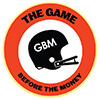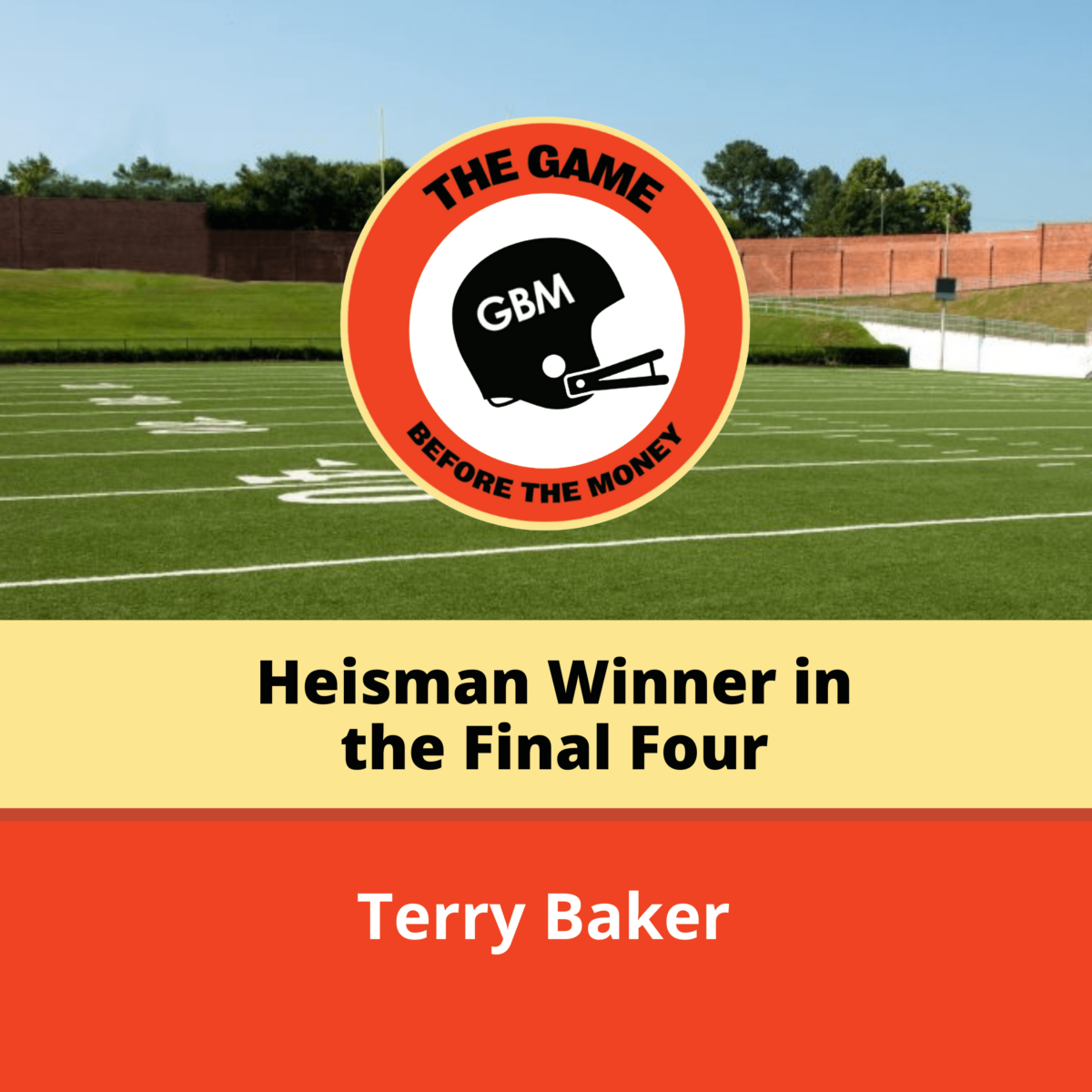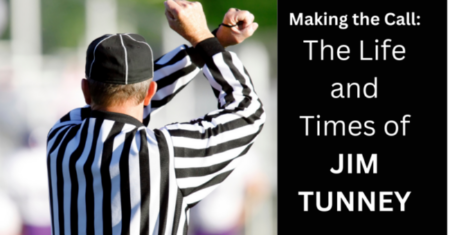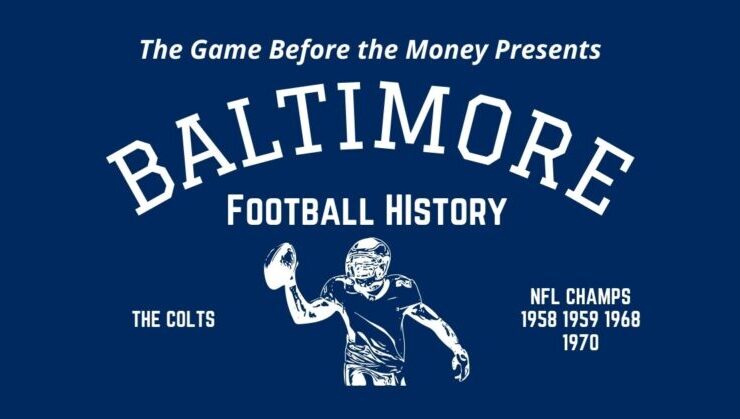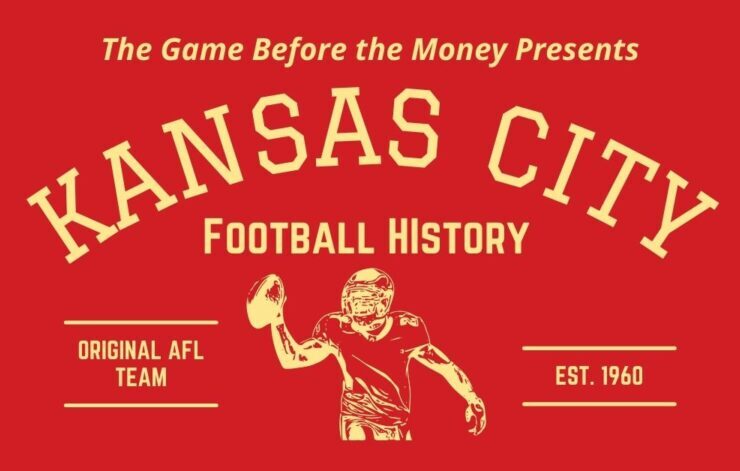The Game Before the Money Podcast took a look at Terry Baker’s senior year at Oregon State, where he became the only player to both win the Heisman and play in the Final Four. Listen to Episode 5 of the football history podcast.
Playing in the Final Four as a Heisman Winner
Has a Heisman Trophy winner ever played in the Final Four? Yes!
There’s only been one person to do that. That person is Terry Baker, who won the 1962 Heisman Trophy with Oregon State and then helped lead the Beavers to the 1963 Final Four.
If you thought Charlie Ward was the answer, that was an excellent guess. Charlie, of course, won the Heisman Trophy with Florida State and then went on to have a pretty fine NBA career. Florida State”s basketball team made Elite Eight but didn’t win their regional final during Ward’s time. Therefore, Ward missed out on the Final Four.
1962 Liberty Bowl
Oregon State started the 1962 season at 2-2. But then the Beavers ran off six straight wins to finish the regular season at 8-2, and they earned an invitation to the Liberty Bowl to face Villanova. During the game, Terry Baker had a 99-yard rushing touchdown. Now, there’s no way to break that record. It still stands tied as the longest rushing touchdown in NCAA history. Not only that, it won the game. Oregon State won 6-0.
Embed from Getty ImagesFrom Football to Basketball Season
There was no break for Baker between football and basketball after the Liberty Bowl.
“The rest of the team went to New York. (Oregon State head football coach Tommy) Prothro had arranged that for them to see New York City because my guess is none of the players on the team had ever been to New York. But unfortunately, I had to go back to Portland by myself. I got to Portland, then immediately the next day somehow got down to Corvallis (Oregon). And I can’t tell you how I got there. I didn’t have a car, but I got to Corvallis, and practiced with the basketball team one day. Then I left back to Portland and flew back to Kentucky to play in the Kentucky Invitational. Then I was in the basketball season.”
1962 Sportsman of the Year
Terry originally came to Oregon State on a basketball scholarship. By the time Terry rejoined the basketball team after the Liberty Bowl, Oregon State had already played four games, and they were 2-2. The Beavers then won ten of their next 12 with Terry in the lineup. In the meantime, Sports Illustrated put Terry on the cover again — as the 1962 Sportsman of the Year.
1962 was the year that Wilt Chamberlain scored 100 points in a game. Sonny Liston had won the heavyweight championship from Floyd Patterson. Bart Starr led the Green Bay Packers to their second straight NFL championship, and their running back Jim Taylor gained almost 1,,500 yards rushing that year. And all you Los Angeles Dodgers fans out there might be eager to point out that’s the year that Maury Wills became the first player in the modern era to steal 100 bases in a season.
Still, Terry Baker bested them all for Sports Illustrated’s Sportsman of the Year in 1962. In the meantime, Terry Baker had become the first overall selection in the NFL draft by the Los Angeles Rams.
He wasn’t finished enjoying being a senior in college yet, however. Remember, there was still basketball to play.
Oregon State and the 1963 Final Four
Oregon State made the NCAA basketball tournament and won their Sweet 16 game over San Francisco. They had to wait and see who they would play in the regional final.
“We played in the Final Eight over in Provo, Utah. The previous year (in the 1962 Elite Eight), we were beaten by UCLA. Then the next year, it’s deja vu all over again. We’re there, USF (University of San Francisco) is there, Arizona State, UCLA and us. And we win the first game (over USF). And then Arizona State was with Joe Caldwell, who was their big guy, playing UCLA in the second game.”
At that time, UCLA was coached by the great John Wooden. Baker remembered watching the Arizona State/UCLA game after Oregon State’s victory over San Francisco. “We watched the first half of that game, and Arizona State was blowing UCLA out of it. We left, and I thought, ‘Oh, my God — Do we have to now play a team that could blow UCLA out? When UCLA beat us the year before?’ And so we come out the next night, and we basically blow Arizona State out. That’s how we made it to the Final Four.”
First Live NCAA Basketball Championship Broadcast
The first live broadcast of the NCAA men’s college basketball championship was in 1963. The game featured Cincinnati against Loyola. Oregon State and Duke also made the Final Four in 1963.
In the 1963 Final Four, Oregon State fell to the University of Cincinnati in the national semifinal, despite the Beavers having Heisman Trophy winner Terry Baker on their team. Cincinnati then was defeated on a last-second shot by Loyola in the 1963 national championship game. That game was the first men’s national basketball championship to be broadcast live on national television.
“There just wasn’t as much hype,” Baker said on The Game Before the Money Podcast. “All your games weren’t on TV back in those days, even in football. You were lucky if you were ever on TV. There were three networks and that was it. ABC, NBC, and CBS.”
You can view the 1963 NCAA Tournament Bracket here.
A Legendary Athlete
Terry’s senior year in college is the stuff of legend. It was a lifetime of events packed into two semesters. He won the Heisman Trophy, was Sports Illustrated’s Sportsman of the Year, ran for a 99-yard touchdown to win a bowl game, was the first overall pick in the NFL draft, and he got to play in the Final Four.
As of the 2022 NCAA Men’s Basketball Tournament, Terry Baker is the ONLY Heisman Trophy winner to play in the Final Four.
Looking for a great NFL history book? Check out The Game Before the Money: Voices of the Men Who Built the NFL available at — Amazon.com – Barnes and Noble – University of Nebraska Press
Like sports history? Listen to the Texas Sports Hall of Fame Podcast! Most episodes include stories from legendary Texas sports figures.
